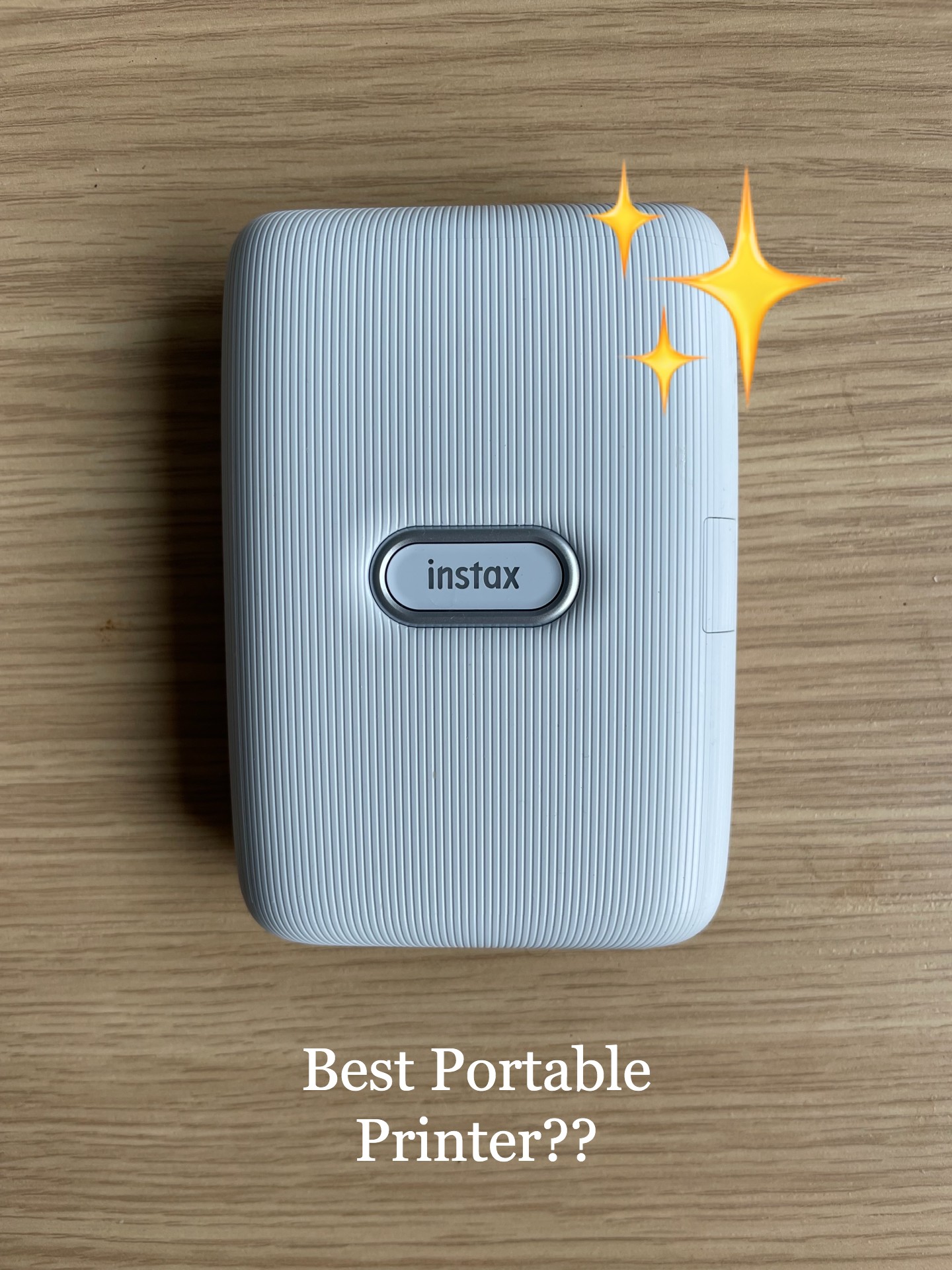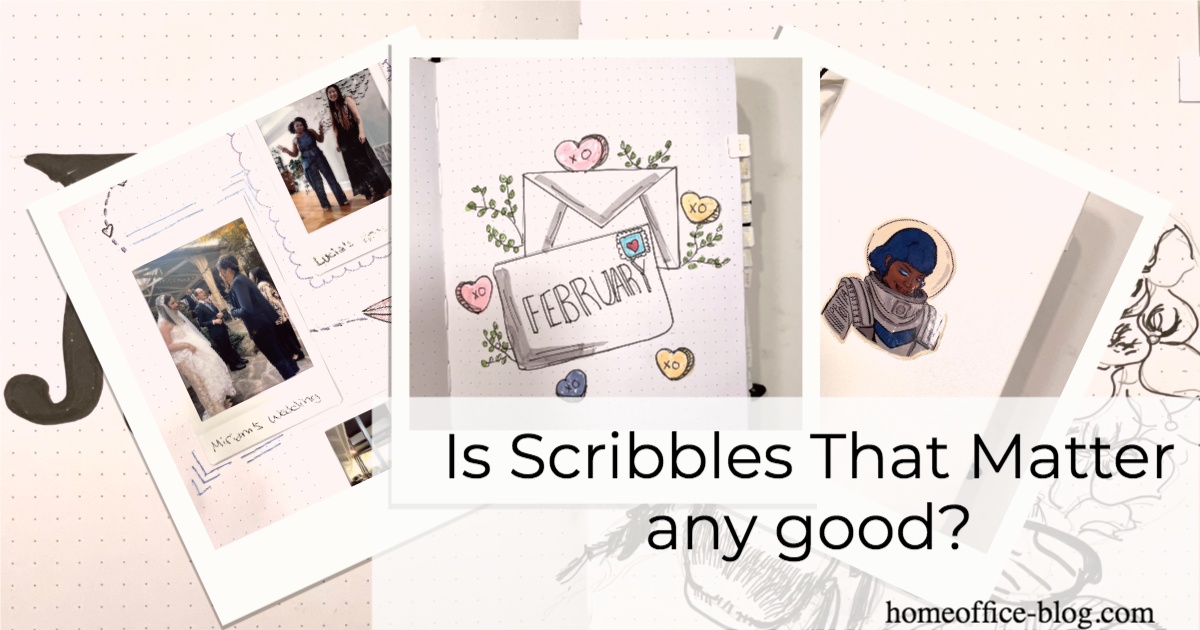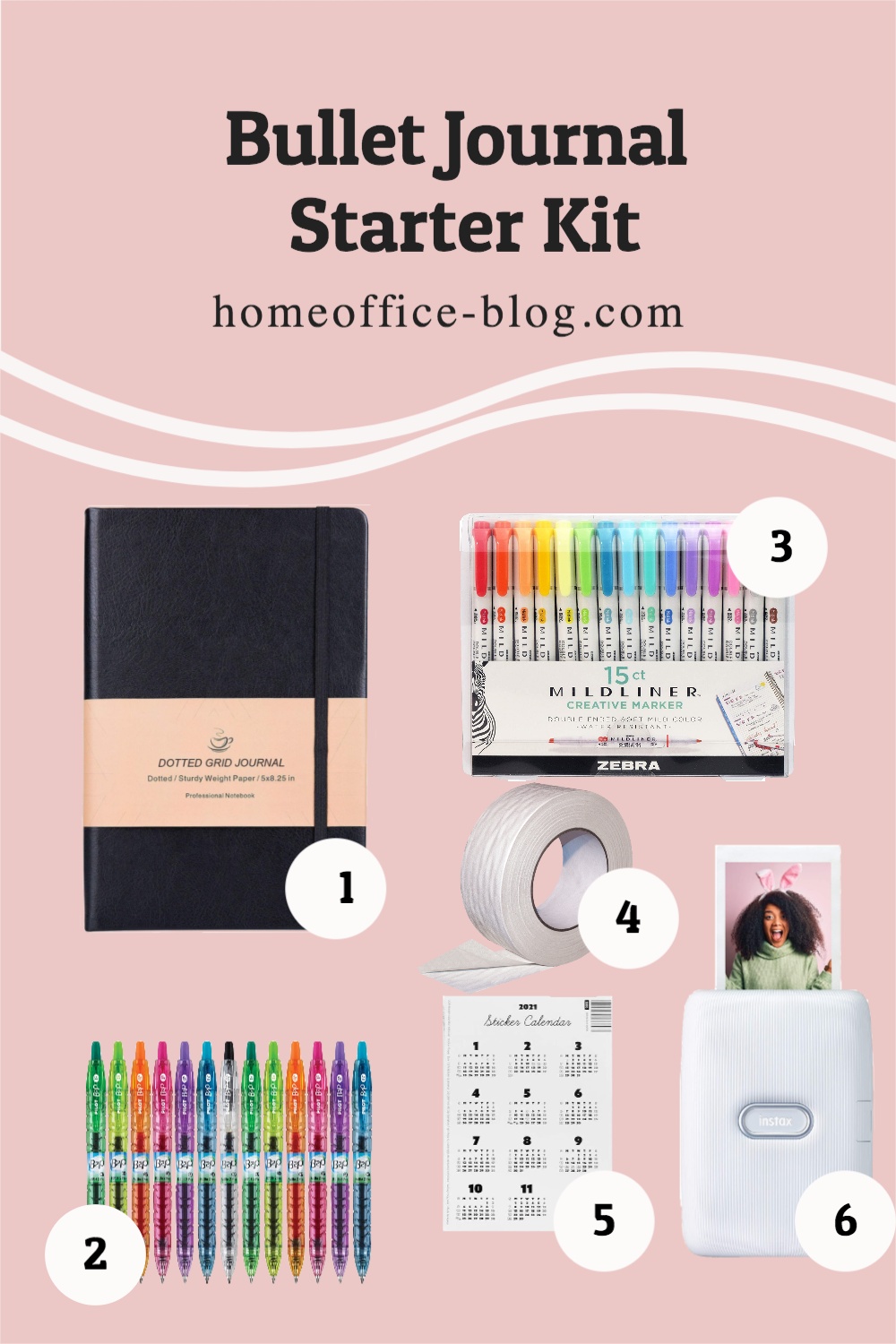
Well the quick and dirty is that Bullet Journaling is part diary, part planner, and part tracker. Now, if you’ve been down the internet rabbit hole of bullet journaling you’re thinking “all that for a glorified planner??”. Trust me, I get it. I was skeptical too. I didn’t believe I had enough time to doodle like all the professional bullet journalers. I can barely keep up with the hobbies I do have, how could I add more? But after being buried in a sea of sticky notes and never-ending todo list I knew there had to be a better way. Turns out there is.
I was never one of those girls in school who would have the most meticulously filled out planners with each line a different color gel pen. (Okay so I wasn’t popular lol!) I might write a due date here or there but most of the time I would just memorize my assignments and be fine.

Although that system served me well for years, it started breaking down once my work became more complex. For me, due dates became more fluid (too fluid), projects got pulled in ,scope was increased, and requirements changed. The auxiliary system of daily todo list and sticky notes wasn’t keeping up and I’ve never taken to a digital planning apps no matter how hard I tried. It started creating so much cognitive noise that I would have to dedicate the first 30 minutes of work was just figuring out what I wanted to devote my time to that day.
What a bullet journal does that a traditional planner fails to do is that it allows you to create a space where ALL your thoughts live. The journal is unique to you and your needs and since everything lives in one place you can easily track and prioritize. I am now able to easily track my projects I work on and I know exactly where I should be devoting my effort. I’m more productive than ever that my boss has taken notice. The efficiency gain is so much I’m working less time-wise but still producing more work. With the time savings I’ve been able to devote more time to my friends (socially distanced) and personal projects.
Below I’ve listed some signs that bullet journaling is for you:
- If you’re looking to reduce the amount of “noise” you deal with.
- You feel overwhelmed with the amount of task you need to complete
- You feel like you’ve forgotten something important OR you’re on the verge of forgetting something important.
- “Get organized” is always at the top of your new year’s resolutions or personal goals
Notice nothing there says anything about being artsy or creative. Despite there being thousands webpages devoted to artsy bullet journal layouts, that’s not the foundation of bullet journaling. There’s certainly nothing wrong with pulling out the gel pens and washi tape but you don’t need to do all that to gain the benefits. When I first started journaling I wasn’t convinced of the method and I didn’t want to devote a bunch of resources to something I wasn’t sure would work for me. So I bought a cheap journal used a black ball point pen I already had for my first spread.
It clicked!
Each month I try to optimize my spread to make it more perfect for my needs. The first 3 months I devoted myself to a minimalist spread as to not be overwhelmed. I’ve introduced a highlighter here and there but the basics are where I thrive and find the most value.
If you’re looking to get the full effects of Bullet journaling I highly recommend Ryder Carolls Book who developed the method. It’s a good starting place for learning the basics so that you extract the most from the method.


